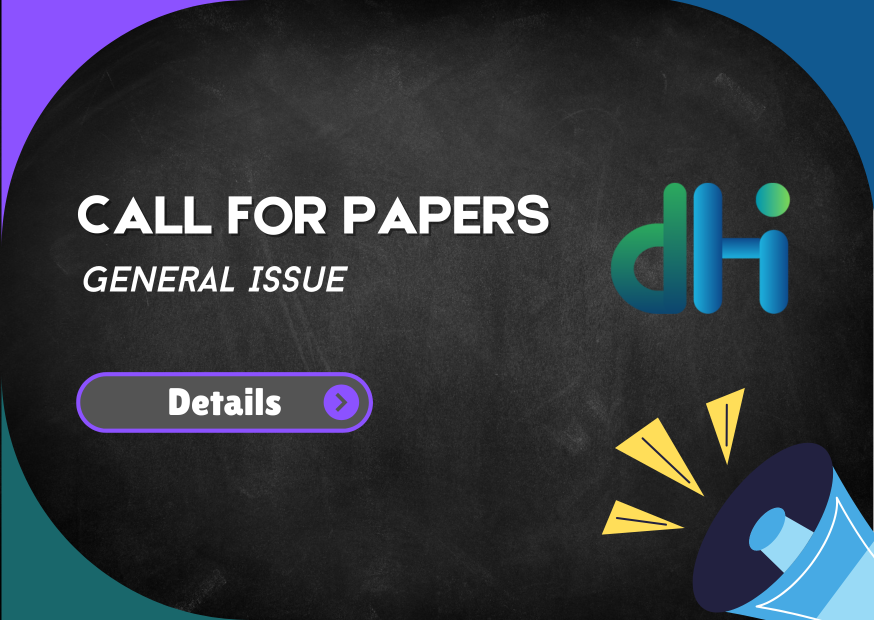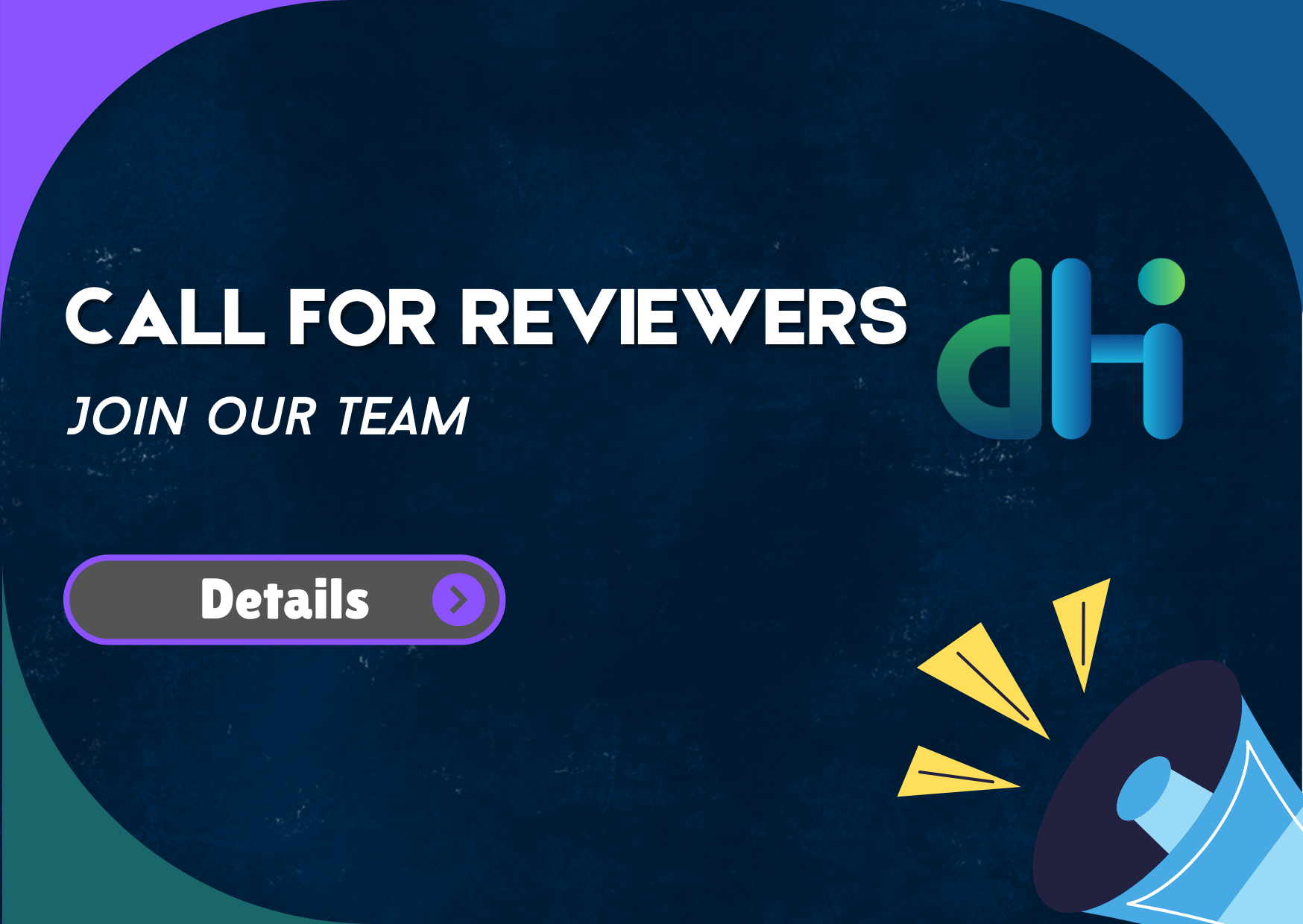Code of Ethics
Contents
- Plagiarism, AI-Generated Content, and Originality
- Transparency and Accountability
- Ethical Research Standards and Acknowledgment of Labour
- Commitment to Diversity, Equity, and Inclusion
Plagiarism, AI-Generated Content, and Originality
The journal upholds a strict anti-plagiarism policy. All submitted work must be original and appropriately cited. The use of AI-generated content is not permitted unless explicitly required by the nature of the study. In such cases, AI-generated text, images, or data must be unambiguously identified, and authors remain fully responsible for the accuracy, ethical considerations, and intellectual ownership of their work.
Allegations of plagiarism or undisclosed AI-generated content in a published article should be directed to the Editor-in-Chief. Upon receiving such allegations, the journal will contact the author to request an explanation. In cases of inadvertent plagiarism or improper AI attribution, a revised version of the article will be published. However, if deliberate plagiarism or deceptive use of AI is confirmed, the editorial team will consult with the advisory board to determine appropriate corrective actions, which may include article withdrawal or other measures.
Transparency and Accountability
Authors, reviewers and editors are required to disclose any potential conflicts of interest. Authors have the right to appeal editorial decisions and are encouraged to submit post-publication feedback. Any corrections or retractions will be addressed promptly and openly.
Ethical Research Standards and Acknowledgment of Labour
We expect authors to respect the ethical considerations of digital data collection, especially involving human participants, indigenous data, and cultural artifacts. Articles must provide clear statements on ethical practices and consent where relevant. The journal honors indigenous knowledge and promotes the acknowledgment of all contributors and cultural knowledge holders. We emphasize the importance of recognizing all forms of labor, ensuring equitable attribution and acknowledgment in accordance with Fair Cite practices.
Commitment to Diversity, Equity, and Inclusion
We are dedicated to inclusivity, ensuring equitable opportunities for all authors without discrimination based on race, nationality, caste, gender, sexuality, academic or professional reputation, age, disability, or any other factor not related to the quality of the submission. We strive to eliminate biases in our editorial process and actively encourage submissions from historically marginalized communities. Our goal is to value diverse scholarly prospects to advance a comprehensive and inclusive body of research in Digital Humanities.



